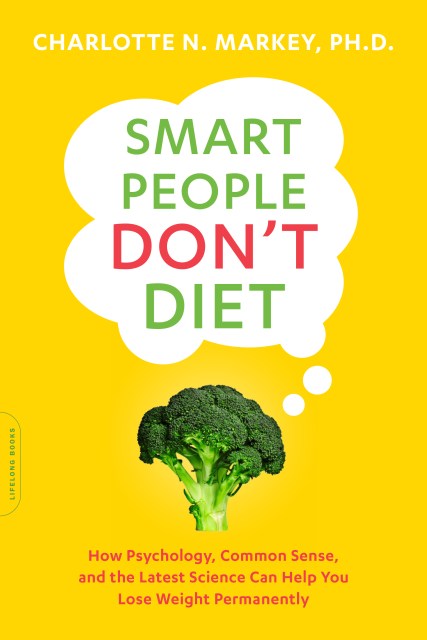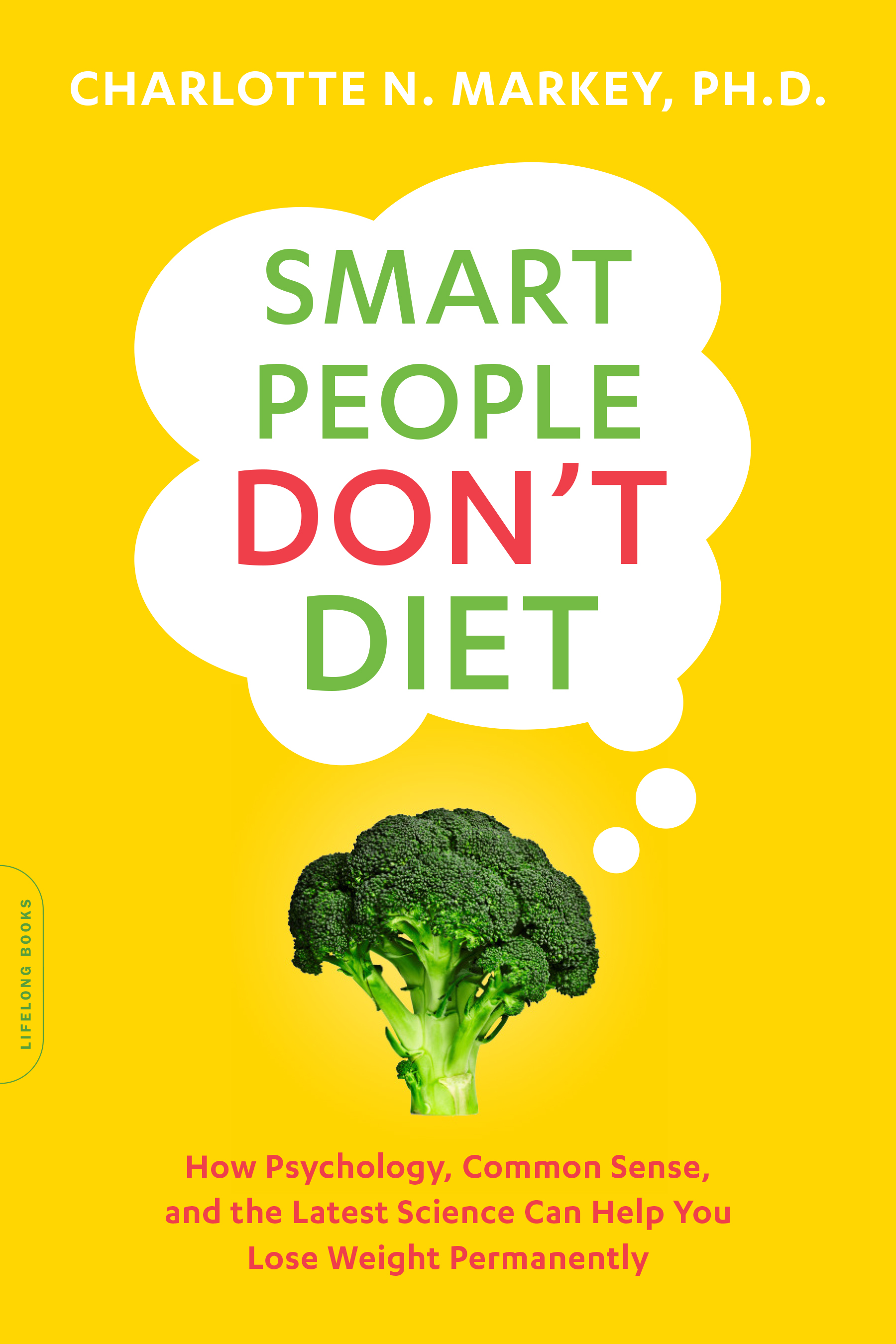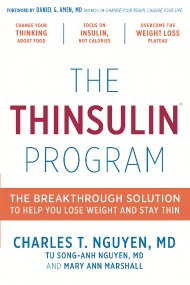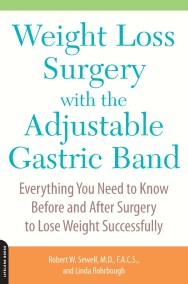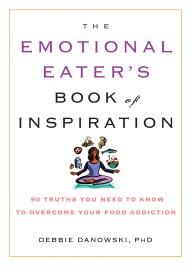Promotion
Use code MOM24 for 20% off site wide + free shipping over $45
Smart People Don't Diet
How the Latest Science Can Help You Lose Weight Permanently
Contributors
Formats and Prices
Price
$11.99Price
$15.99 CADFormat
Format:
ebook $11.99 $15.99 CADThis item is a preorder. Your payment method will be charged immediately, and the product is expected to ship on or around December 30, 2014. This date is subject to change due to shipping delays beyond our control.
Also available from:
Based on more than 100 years of research by scientists, doctors, nutritionists, and psychologists, Dr. Markey’s plan addresses the underlying causes of weight gain and offers proven strategies for healthful, lasting weight management, including advice on how to eat well, lose weight, and keep it off. The gimmicks don’t work, but Dr. Markey’s reasonable, accessible advice will help you get — and stay — healthy.
Genre:
-
Scientific American, February 2015
"This is possibly the best book on weight loss ever written."
Taste for Life 9/1/15
“For those who are tired of quick-fix diets, the approach to weight control outlined in this book may be a welcome relief. There are no strict rules about what and how much you can eat. Instead you'll find a psychological and commonsense approach to losing weight and sustaining that loss long-term. Information on how to analyze your habits and follow a week-by-week plan to make gradual and lasting changes is offered.”
- On Sale
- Dec 30, 2014
- Page Count
- 272 pages
- Publisher
- Da Capo Lifelong Books
- ISBN-13
- 9780738217727
Newsletter Signup
By clicking ‘Sign Up,’ I acknowledge that I have read and agree to Hachette Book Group’s Privacy Policy and Terms of Use
